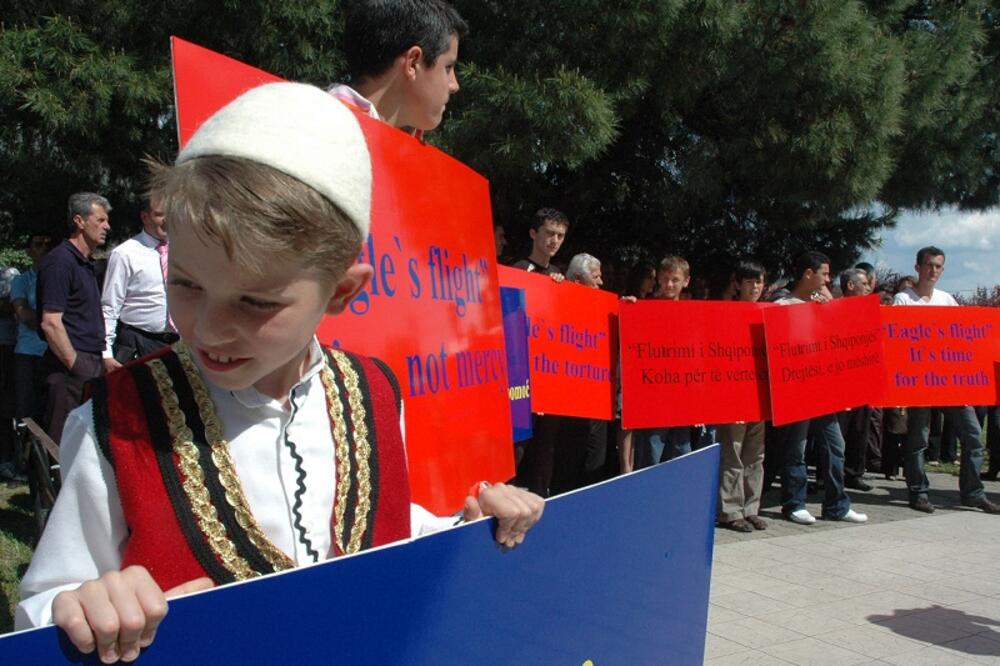The results of the referendum in 2006 show that Montenegro would not have achieved independence if there were no votes from the Albanian national minority, but Albanians are still second-class citizens, claims the analysis "Albanians in Montenegro - Waiting for Godot".
The authors assess that Albanians in Montenegro are discriminated against in several aspects
The aim of the analysis, published in the Albanian-American newspaper "Iliria", and carried out by economic expert and one of the founders of the Albanian-American Foundation Kafo Boga and professor of political science at the University of Birmingham, Stefan Wolff, is to show the current situation and position of Albanians in Montenegro. Burning.
"Privatization in Montenegro and economic reforms created social instability, but also spread corruption, which contributed to increasing tensions between Albanians and Montenegrins. These tensions could easily escalate, which could spread to other nationalities and national minorities in Montenegro," the analysis reads.
The authors assess that Albanians in Montenegro are discriminated against in several aspects, and that the state suspends the application of the law when it comes to this national minority, which is noticeable through the privatization process.
“Local authorities rarely involved owners whose rights were ignored. One such example of the suspension of the law is the privatization of around 500 hectares of land sold for six cents per square meter and that, if the local population is to be believed, to a relative of former Prime Minister Milo Đukanović", the authors point out without specifying which location or more they are in question.
Read more in the printed edition
Bonus video:




